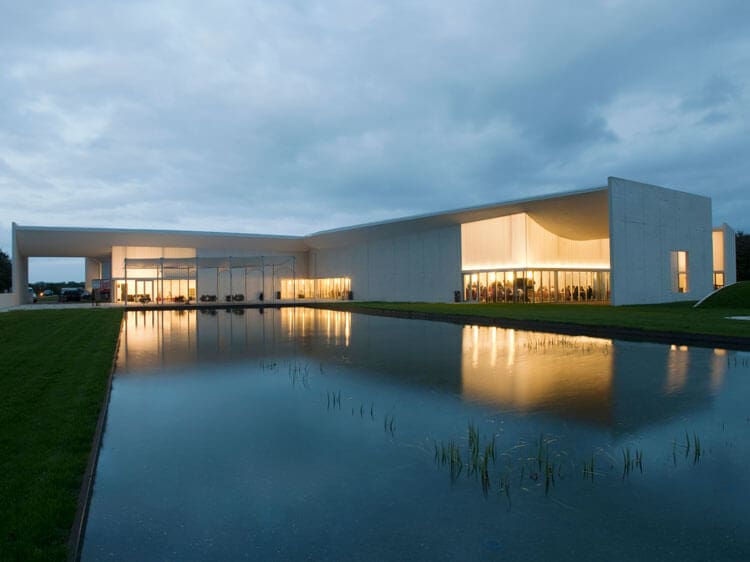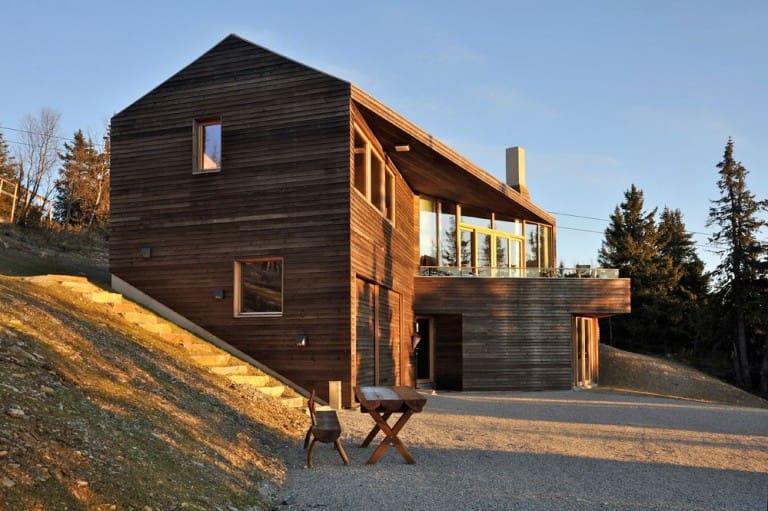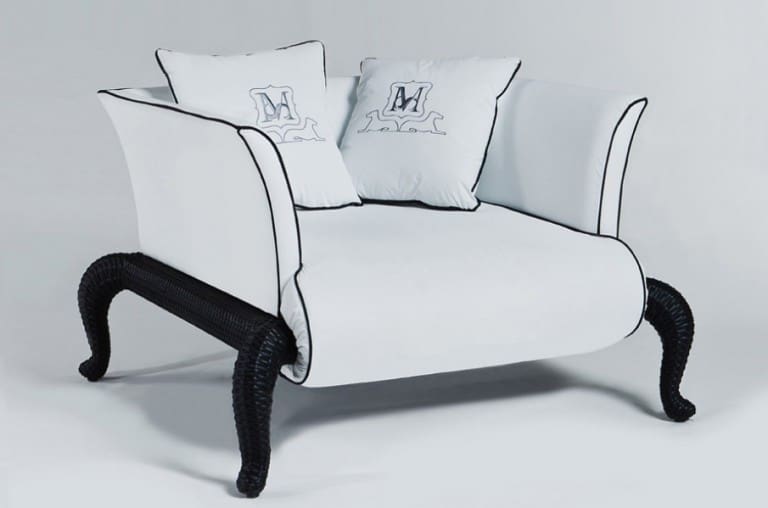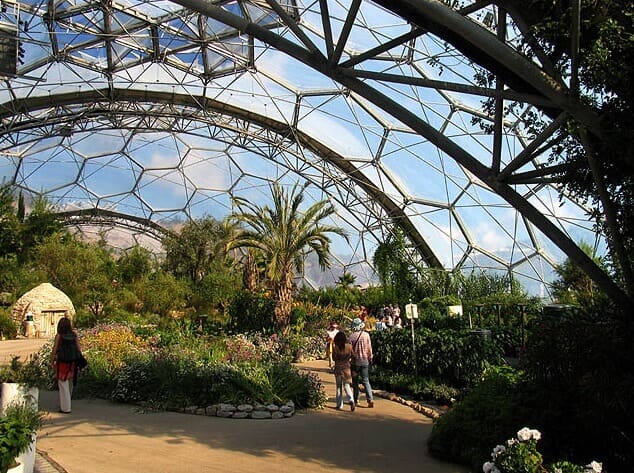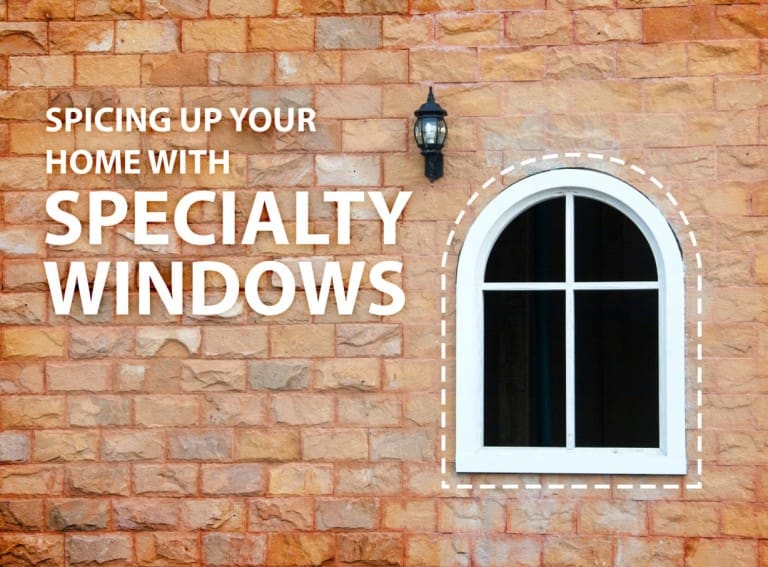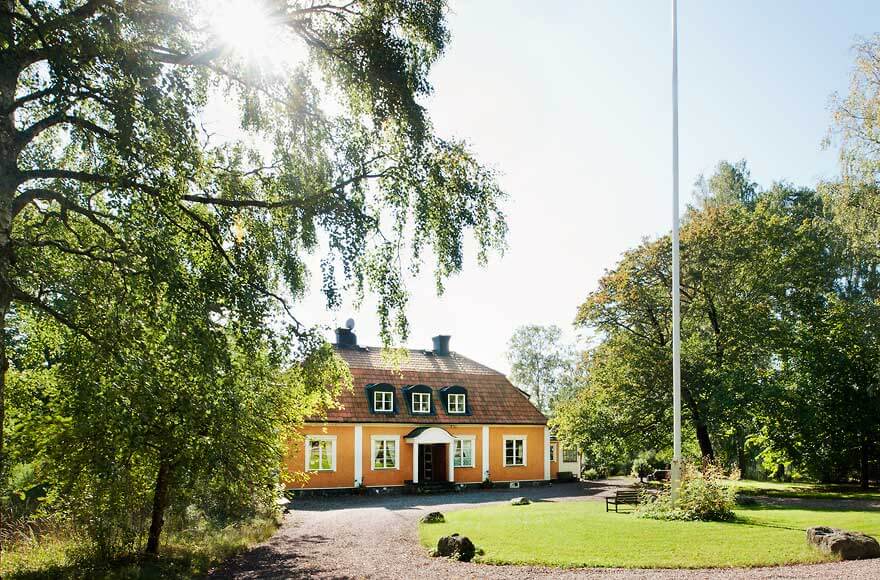A great and inventorying architectural building design created by the Steven Holl Architects which is a first project prize wined by them. This building represent a Museum of contemporary art, to accommodate exhibition galleries, 150 seat auditorium, music rehearsal rooms, restaurant, media library and administrative offices.
Project description courtesy of Steven Holl Architects
HERNING MUSEUM OF CONTEMPORARY ART
Herning, Denmark, 2005-Sep 9, 2009
PROGRAM: temporary exhibition galleries, 150 seat auditorium, music rehearsal rooms, restaurant, media library and administrative offices
CLIENT: Herning Center of the Arts
SIZE: 5600 sm
STATUS: completed
Forward architect description:
The Herning Center of the Arts unites, for the first time, three distinct cultural institutions: the Herning Art Museum, the MidWest Ensemble and the Socle du Monde. The new Center is intended to be an innovative forum combining visual art and music. The design fuses landscape and architecture in a one-level building that will include permanent and temporary exhibition galleries, a 150-seat auditorium, music rehearsal rooms, a restaurant, a media library, administrative offices and an active landscape. The design for the center aims at “building the site”. In transforming the flat field, a new 40,000 sf. landscape of grass mounds and pools conceals all the parking and service areas while shaping inspiring bermed landscape spaces focused on reflecting pools positioned in the south sun. Herning’s prominent relationship with textiles and art formed the inspiration for the design concept. Steven Holl states: ‘Part of the current art collection is housed in an old shirt factory in Herning. This 1960s building was designed in the form of a shirt collar and is across the street from the site. It was the interaction between the factory owner and Arte Povera artists such as Piero Manzoni that enabled such a special collection of art to exist in Herning.” A fabric theme is carried throughout the project from the shape of the building which resembles a collection of shirtsleeves viewed from above, through the wall finishes. Fabric tarps were inserted into the formwork to yield a fabric texture to the buildings exterior walls of white concrete.
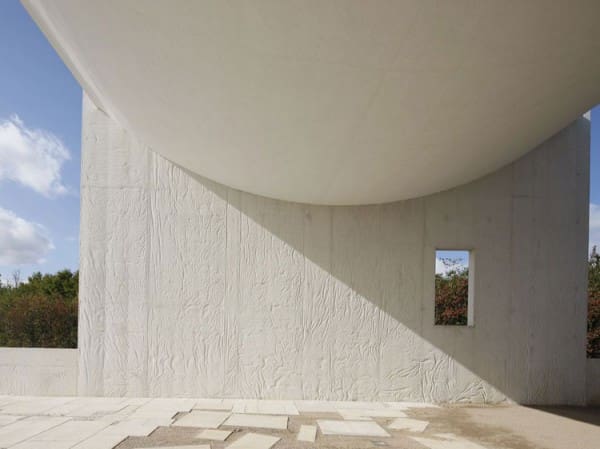
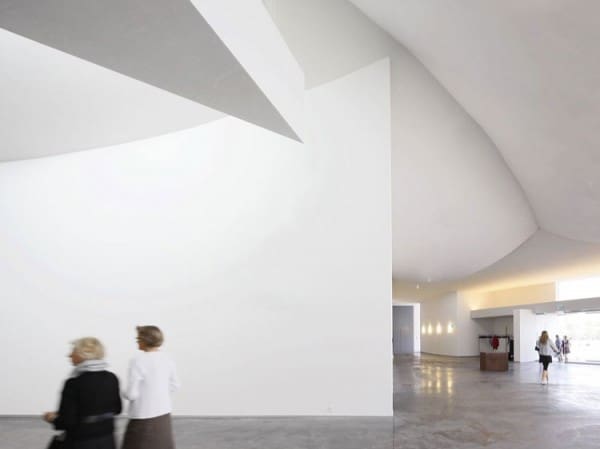
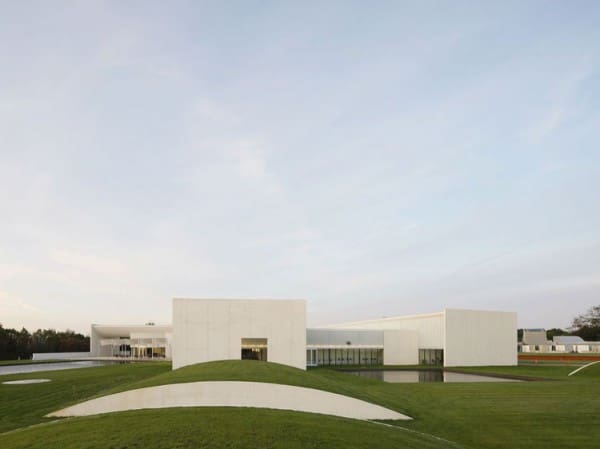
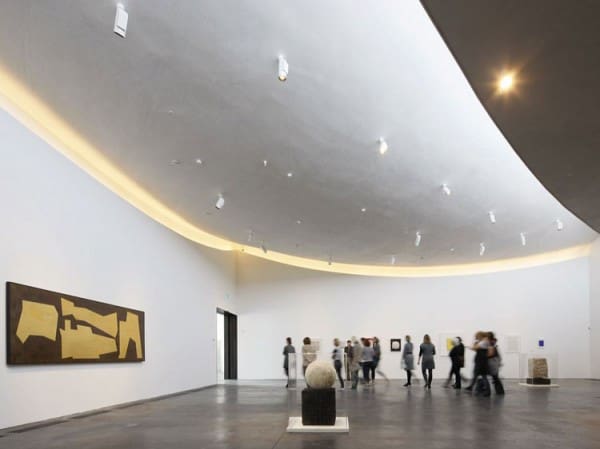
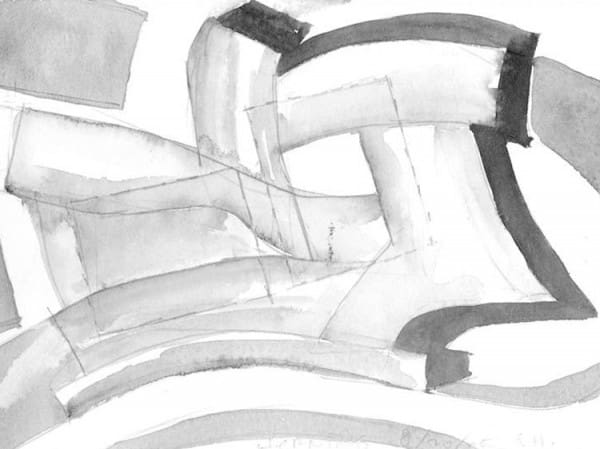
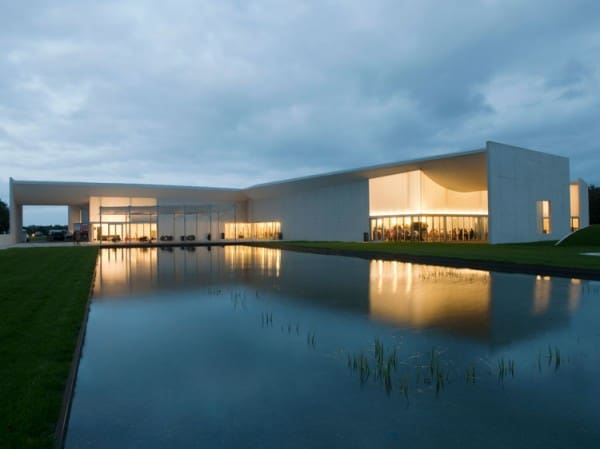
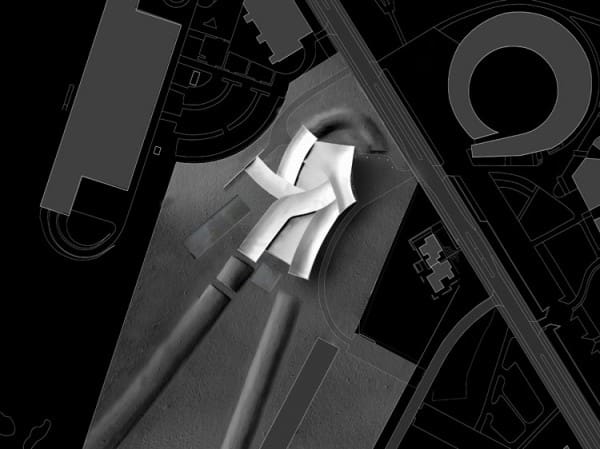
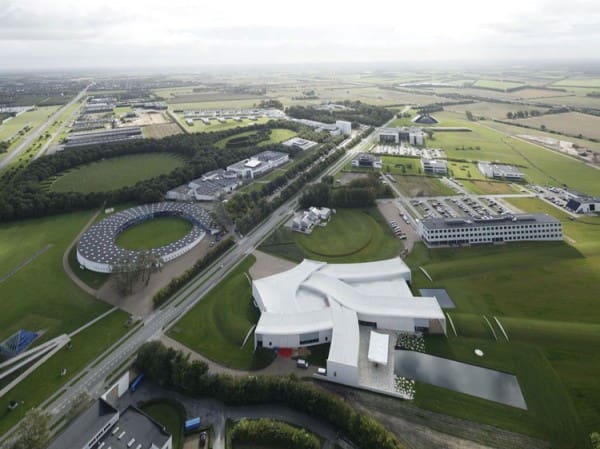
Source: stevenholl

